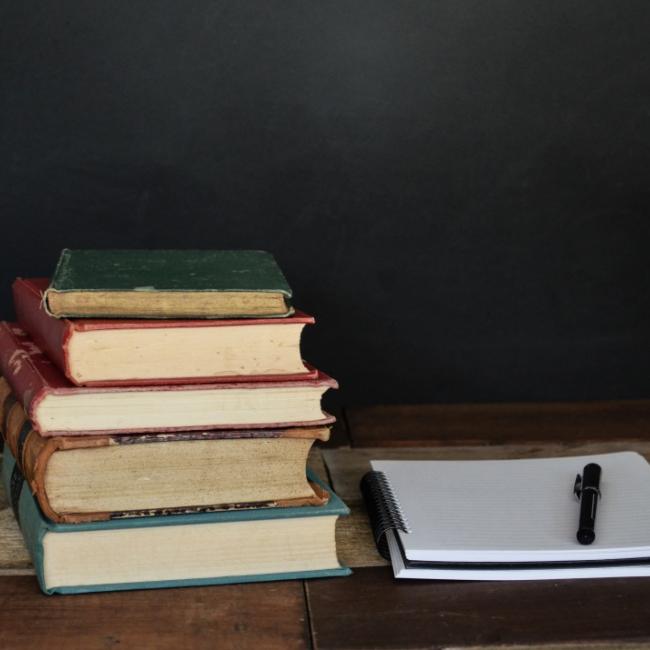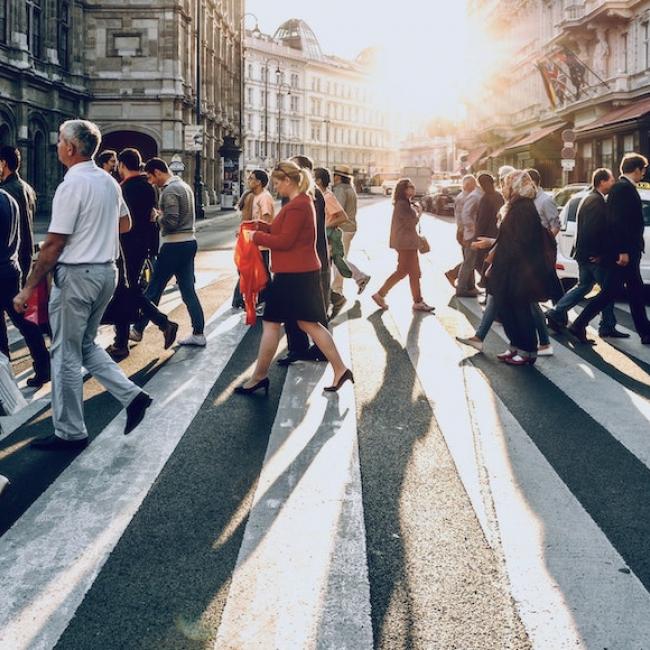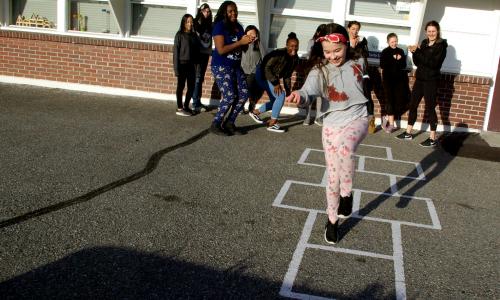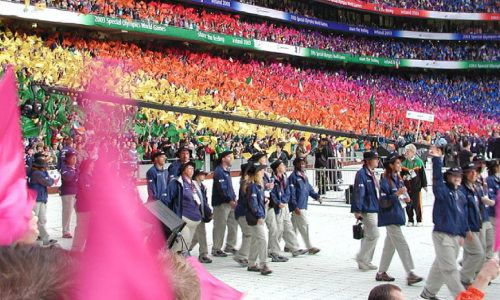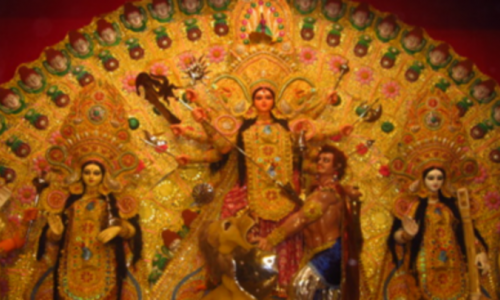
I didn’t go into Co-op thinking that I would learn how to take care of myself. I was expecting to gain the traditional benefits–building up your resume, strengthening your professional skills, obtaining good references–but it ended up becoming much more than that. During my time as the Program Assistant with the Sexual Violence Support & Prevention Office (SVSPO) at SFU, I gained experience in campaigning, planning events, and using social media as a resource to educate. But in a deeper sense, I learned how to be kinder to myself and others, to always remember the importance of listening, and to lead my activism with heart.
“Empathy without boundaries is self-destruction.” - Silvy Khoucasian, MA
When I was seeking a Co-op position earlier this year, I only vaguely knew about the mental health impacts associated with working in the anti-violence sector. Because the emotional toll was always something that intimidated me, I saw work experience as an opportunity to demystify social justice work, and to help me figure out if it was something that I truly wanted to pursue because at that point in time, I was highly doubting if I had what it takes.
Compassion fatigue is also known as vicarious trauma, describing the health costs of empathy for those in pain or suffering. Often associated with therapists, counsellors, and other front-line medical workers, it is the idea that someone else’s pain can be felt as your own. Those in violence prevention and response know this reality well; when I was hired, I was comforted by the number of resources and training on worker wellness that I was provided. It was clear for me from the start that self-care was an essential part of my job.
As a sociology student, I often leave lectures feeling defeated after heavy discussions of colonialism, racism, homophobia, sexism, and other forms of violence. I assumed that it would be just as challenging, if not more, to have to unpack a culture deeply entrenched in violence at work, but I learned that there are ways to manage the pain. By gaining the invaluable skill of finding ways to unwind, I was able to transform my anger and rage towards oppression and inequality into curiosity and action.
The biggest difference that I noticed when I entered Co-op was that I actually had time to put myself first. Sure, working the traditional nine-to-five can get monotonous, but coming out of consecutive semesters of full course loads, I was relieved to have nights and weekends to read the books that I wanted to read, to be able to sit out in the sun and not worry about writing a paper, and to catch up on shows and movies without feeling guilty.
University often gets romanticized as being a place where you make lifelong friendships and gain indispensable knowledge. But the culture of over productivity and perfectionism has normalized and glorified burnout as an integral part of the university experience–the endless cups of coffee, stressful all-nighters, and the pursuit of establishing a professional career, all while navigating the big life changes involved in settling into adulthood. All too often, students are treated like people who don’t have needs. We are constantly expected to move heaven and earth to feel like we’re doing life right, but this means rejecting what makes us human.
Slowly, I learned that attending to your health means to resist colonialism and capitalism, that in a society that rewards burnout, choosing yourself can be revolutionary. The time that I spent away from school gave me the ability to explore my identity outside of being a student, and ultimately enriched the way that I approached my studies. When I read journal articles in class about global social inequity, I don’t just see words on the page anymore–I can see people’s stories of struggle and strength. Understanding who I am outside of the confines of academia humanized every footnote and made the work worth doing. By learning how to set boundaries, I learned a simple truth: if I want to make a change in this world, it has to start with me.
In social justice activism, you cannot be an expert on everything. While working at the SVSPO, I understood how advocating for marginalised and vulnerable communities involves acknowledging that there will be times where you lack the lived experience to talk about an issue with nuance and substance. I was humbled through the process of positioning myself in systems of harm and realising the true importance of amplifying the voices that have been historically silenced, of listening wholeheartedly, taking accountability, building trust, and fostering rich conversation.
Of course, the process of dismantling structural oppression cannot happen in isolation. As injustice affects us all, it must be recognized that collective action calls for collective care. During the times when I got to collaborate with other highly dedicated people in the field, such as in committees and training sessions, I found myself in awe of people’s courage to show up to their vulnerability and sit with their discomfort while unpacking sensitive subjects. What was more was the reception of this vulnerability, the ways in which people held each other in times of darkness, and the acknowledgement of a shared humanity. From these interactions, I got my paramount takeaway from Co-op, which is that the dream of a safe and equitable world can only be realised if the work starts from a place of love, not ego. It is through love that genuine connection is made, allowing communities to grow together.
These past eight months reassured me of my passions while it taught me strategies on how to be gentle with myself. I am leaving my first Co-op position grounded in the work that moves me, and I am hopeful again. I was not sure about what I was capable of when I started, and I didn’t even know if public safety was the right place for me. In all honestly, I still have so many questions, but for the first time in my life, I am in no rush to answer them. It is enough for me to have met so many inspiring people during my time here who lead their work with such authenticity and warmth; their words will serve as beacons of light in my journey of navigating my professional and personal life. To prospective or current Co-op students, be open to what Coop can teach you about yourself–your needs and what you believe in. Take the time to listen to what is urgent to you and run with it. You might be surprised by what you’ll find.
Alyssa Victorino did an eight month co-op work term as the Program Assistant with the Sexual Violence Support & Prevention Office at SFU where she supported three campaigns on sexual violence prevention through social media communications and management, as well as graphic design and marketing.








